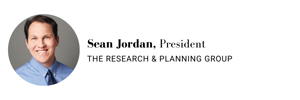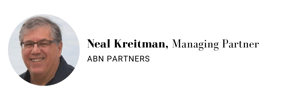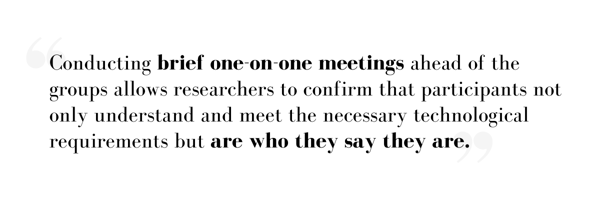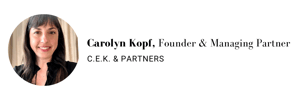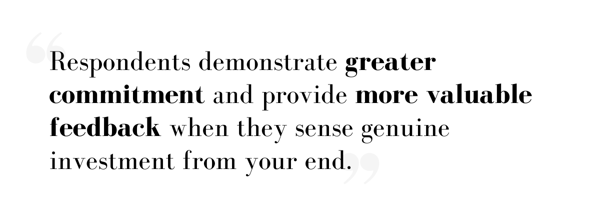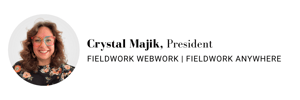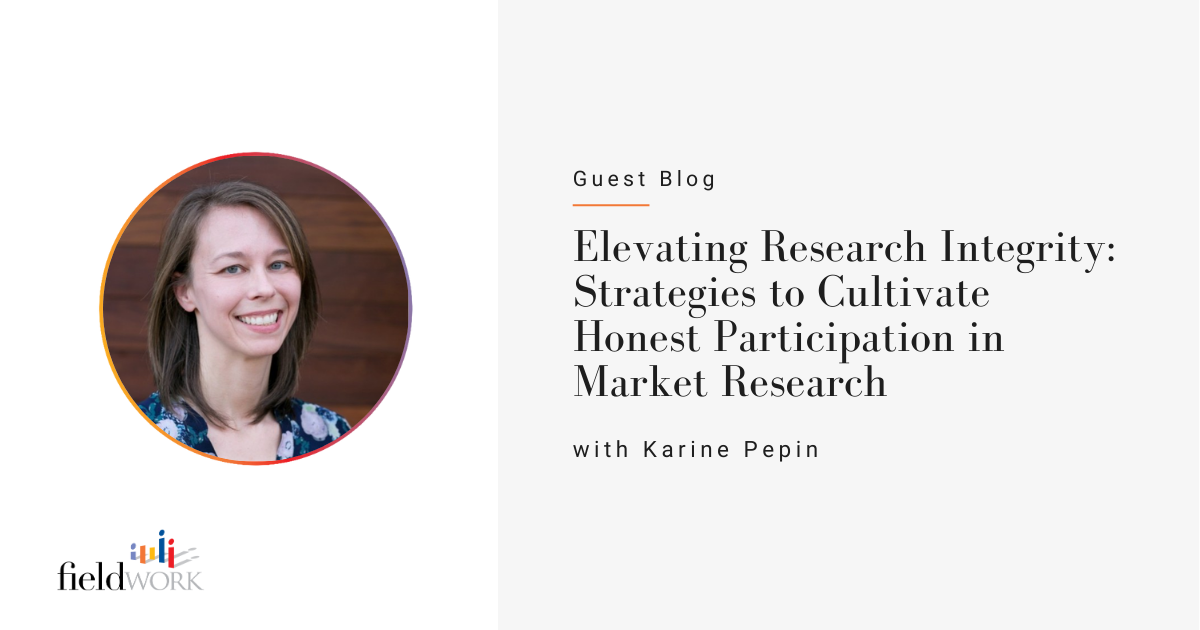Professional respondents pose a persistent challenge in market research, jeopardizing the authenticity of invaluable insights.
We turn to seasoned industry professionals who share their vetted methods for protecting market research studies against deceptive tactics. The insights provided by these pros can equip businesses with the knowledge to keep scammers at bay and safeguard the integrity of their research endeavors.
6 Strategies for Guarding Against Professional Respondents in Market Research
1. Ask Detailed Questions
Sean Jordan from The Research & Planning Group wisely suggests, incorporating a clever strategy into participant questioning adds an extra layer of protection. By asking questions that can't be easily Googled or looked up on ChatGPT, you can create a nuanced approach to weed out potential scammers. Sean's approach, particularly using geography and specific local knowledge, adds a valuable dimension to the fraud prevention toolkit. By adopting such thoughtful techniques, businesses can bolster their defenses and approach participant recruitment with greater confidence.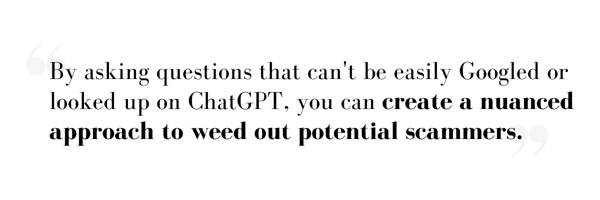
2. Re-Screening for Accuracy
Neal Kreitman from ABN Partners suggests a proactive method to tackle potential scammers: re-screen participants to verify the accuracy of their responses. This additional layer of scrutiny ensures that participants' answers align consistently, adding a valuable step to the screening process.
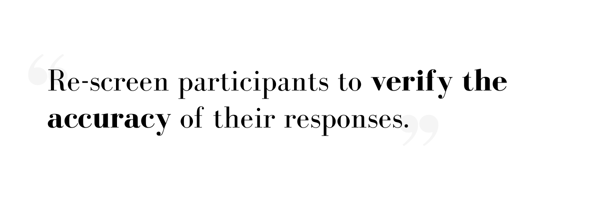
3. Technology Checks for Virtual Focus Groups
Carolyn Kopf, from C.E.K. & Partners, emphasizes the significance of technology checks for virtual focus groups. In an era where online interactions dominate, ensuring the functionality of participants' audio, video, and internet connection is vital. Conducting brief one-on-one meetings ahead of the groups allows researchers to confirm that participants not only understand and meet the necessary technological requirements but are who they say they are.
4. Camera On
Making it a requirement for participants to turn their cameras on during virtual interactions serves as a crucial step in weeding out professional respondents. Refusal to comply with this simple yet effective measure becomes a red flag, helping researchers identify and eliminate dubious participants early in the recruitment process.
5. Human Element in Screening
Amidst technological advancements, maintaining a human element in the screening process is key. Personalized phone screenings, as advocated by industry professionals, ensure a direct and genuine connection with potential participants, reducing the likelihood of scams orchestrated by automated systems.
6. Engaging Respondents During Asynchronous Online Qual
Adding to the arsenal of tips, Crystal Majik from Fieldwork emphasizes the importance of engaging your participants. Respondents demonstrate greater commitment and provide more valuable feedback when they sense genuine investment from your end. While using pre-written responses may save time, personalized messages tailored to the context show that you value their input, ultimately fostering stronger connections and more meaningful interactions!
Empowering Your Research Defenses Against Professional Respondents
In the ever-changing world of market research, staying ahead of scammers demands a proactive and strategic approach. With the guidance of industry professionals, we've uncovered practical tips to build a strong defense against liars, cheaters, and fraudsters in market research. By putting these expert strategies into action, businesses not only safeguard the integrity of their insights but also contribute to elevating the overall standards of the insights industry.


